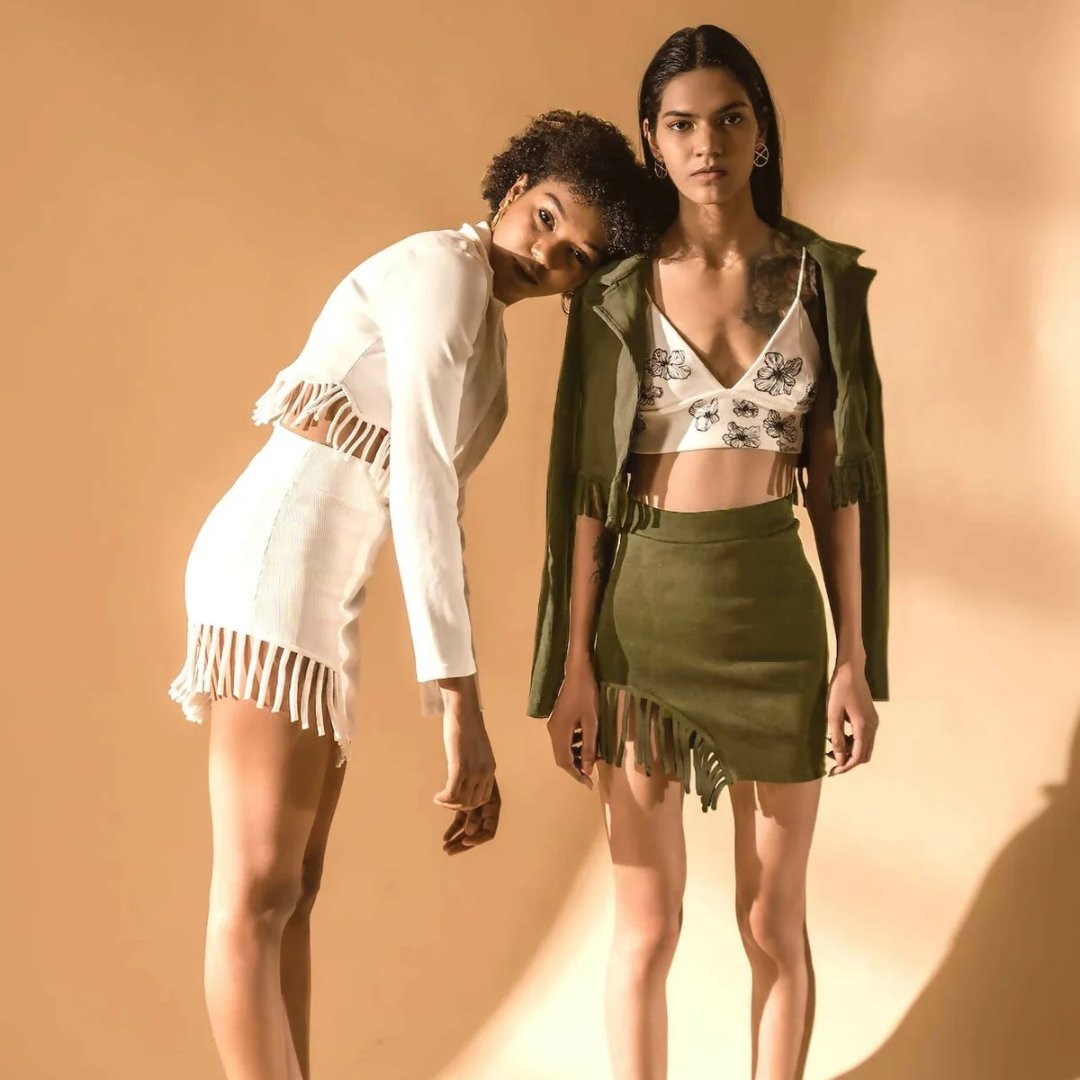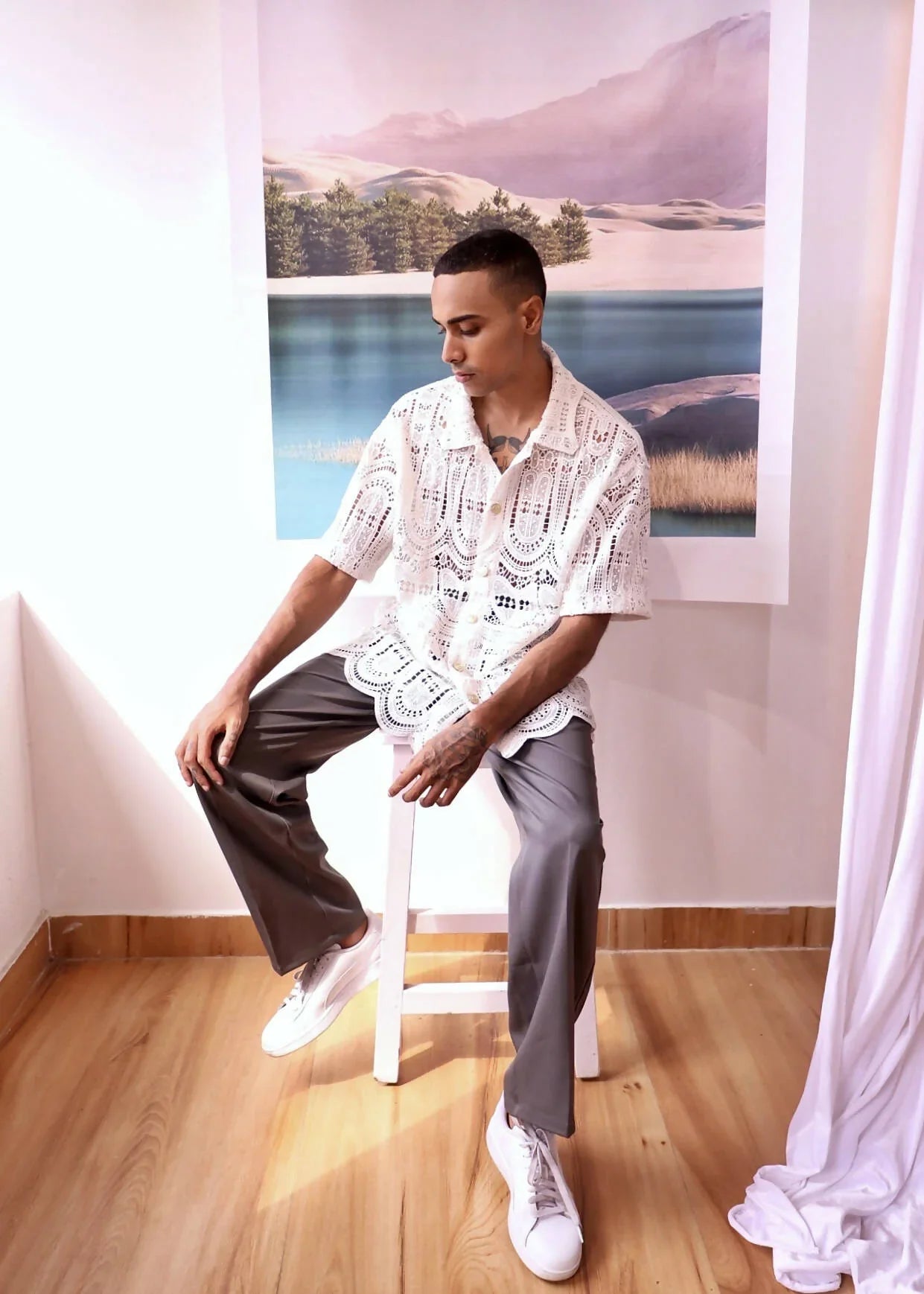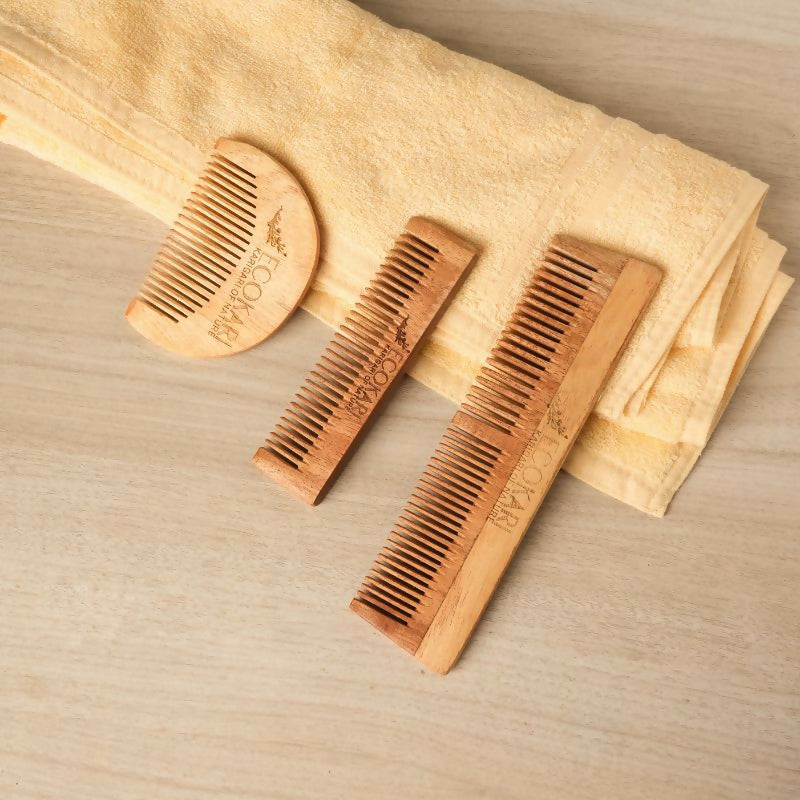A conversation with Fernanda Daudt, founder of Volta Atelier
About Volta Atelier:
Volta Atelier is a brand from Brazil, South America, that produces upcycled hand-stitched leather bags. Volta in portuguese means to give back, and this has been the foundation of the brand. It provides employment to refugee women in South Brazil.
The founder, Fernanda Daudt, has been consulting with the fashion industry for the last 20 years within the fields of trend forecasting, sourcing development and sustainable product design. She founded the brand in October 2017 after seeing the effects of the fast fashion industry on the planet.
We spoke to Fernanda to get to know her journey and the brand a little better.
 (Hand stitched accessories from Volta Ateilier)
(Hand stitched accessories from Volta Ateilier)
Our conversation with Fernanda:
REFASH: Tell us about your journey in fashion over the last 20 years?
Fernanda: I have been working in the fashion industry primarily as a trend forecaster and cool hunter for leather brands and businesses. I helped with sourcing as well which needed me to travel to Asian countries primarily to work with manufacturers and factories. During those trips is when I actually saw the amount of waste that was being generated. I saw green bubbling rivers behind the factories in Guangzhou, China, which really scared me. Also, I saw the amount of leather that gets discarded during the production of a collection. I started paying attention to all of this. And I decided to create something for that. Back at home, I found a factory in Brazil that was selling scrap leather and I decided to buy those leftovers. Also, growing up I always saw my mom doing volunteering and helping the less privileged, which became a big part of me too. I wanted to connect the brand in a social way. So, I trained a group of refugee women from Haiti who were associated with an NGO in South Brazil to start making bags.
R: What prompted you to leave the leather industry and create Volta Atelier?
F: I actually still work for the leather goods industry. I work for a company that does trend forecasting mostly for Melissa and a few other brands. Working as a trend forecaster I could see a gap. Also frequenting cities like New York and LA, I realised that there were more people wanting to consume consciously than there were brands to give them the opportunity to buy these kind of products. I saw this opportunity and just started. I invested in the first collection and I saw results very very fast. So I decided to take more time to build the brand. I have a friend who is a distributor who represents Brazilian accessory designers in the US and she does trade shows who helped us a lot. We are in 30 stores now in the US.
R: What are some of the challenges you have faced building this brand?
F: One of the bigger challenges is that we have to produce the collections all at once. We can’t make samples and take orders which is the conventional way that business happens. For us, we have to produce it all at once, which is an investment.
If there is a big designer placing a wholesale order, sometimes they would say that “I want 15 pieces of the black”, it is difficult to make them understand that all the pieces would not be the same shade of black. We could have possibly 10 different shades of black (because they are different fabric pieces).
It could be printed or more shiny or have some glitter or some other texture but they would be all black. Because when you work with scraps it’s hard to keep them all standard. So that’s one of our biggest challenges.
R: So, do the wholesalers understand this unique challenge or do you end up losing the order?
F: Once you explain, then they do understand. It’s just hard to explain at the beginning because it’s something different and not the industry standard. It's a new way to do things. But because the bags are beautiful, and the leather is from great manufacturers in Brazil, they do realise that this way they end up getting one of a kind products.
R: What do you do with the waste that is produced through the process of making your bags?
F: We do smaller pouches, we create buttons that can be used as closures of our packaging. We do small gifts, wallets and sometimes we create textures in the form of applique for the bags.
R: How many refugees are you employing currently?
F: We have 6 trained people but just 2 of them work full time with us. The other 4 work part time with us. We are intending to increase and have a bigger production soon to be able to scale.
R: What has the response been from the customers? Has that been a struggle?
F: Actually it’s been the opposite, I feel people just love the concept and love the bags. Of course, our products are not for everyone. We also include the signature of the artisan in each bag which really helps the customer connect to the product.
R: Do you think people buy your products because you are a sustainable brand, or because they like the design and the products?
F: They are usually attracted to the product because they like the design, mostly the leather. Because the design is super simple, it’s almost nothing. It’s just a canvas for the leather which is so beautiful - its texture, colours etc. We have a few designs in many different leathers so you fall in love with the material usually. And then, when they get to know about how it’s made and what its made from, they are more keen to buy. So, they love the bags and hear about the story, they then buy.

(Soho bag in silver croco print leather by Volta Atelier)
R: What do you think is one misconception of being a sustainable fashion brand?
F: Maybe the misconception is that sustainable fashion is boring. I have heard this a lot - that sustainable fashion is so beige, so basic. So neutral. If you see, all the logos are green. But it’s a misconception, not all the brands are like that.
R: If you could change one thing about the fashion industry and how it functions, what would that be?
F: I truly believe that we don’t need to develop new materials. I would love to see things that already exist being used. For example - clothing made from clothing, or reclaimed fabrics being used or anything that would be good for the Earth and the people who are involved in the production of the goods.
R: What is your personal take on sustainability? Has your relationship with fashion changed as you build Volta Atelier?
F: Yes, that has changed dramatically. I never really bought a lot of clothes but I wasn’t a conscious buyer like I am today. Something that’s changed over the last 10 years. When I started writing about sustainability 8 years ago, I started to become more aware. The good thing for me was that I have always loved thrift stores. I travel a lot and even though I was majorly travelling for work, I used to try and take out time to go to the thrift stores in different cities. But I used to buy from H&M, Zara and other fast fashion brands which I don’t consume anymore at all. Now, everything I have is thrifted, some small designers and sometimes I even barter with other designers for my bags.
R: What is your vision for the brand?
F: I want the brand to be everywhere. We are already present in the US and some parts of Europe like Germany and Paris. But, I would also love to be in Japan because we noticed a lot of Japanese customers buy our bags in New York. I believe Asia would be a good market for us.
-
Visit their website here.
Visit their Instagram here.
--
Photo Credits: Volta Atelier
--






Great Interview
My dearest Fernanda,
It’s grea to see you moving swiftly in the US!
As an old customer of Greenwich Village’s music and NYC art
I antecipated your success in Manhatan !
All the best to your sustainable handcrafts and Haity refugees!
Next steps: Paris…and Tokyo!
Paulo Krischke.
Leave a comment